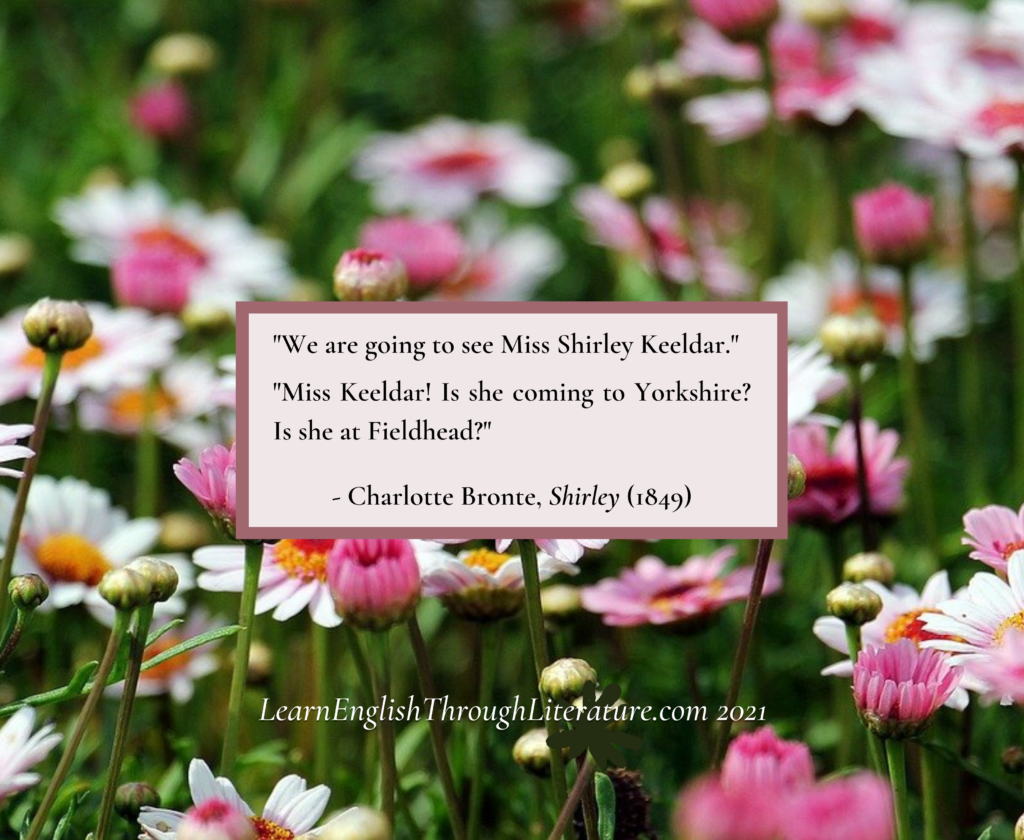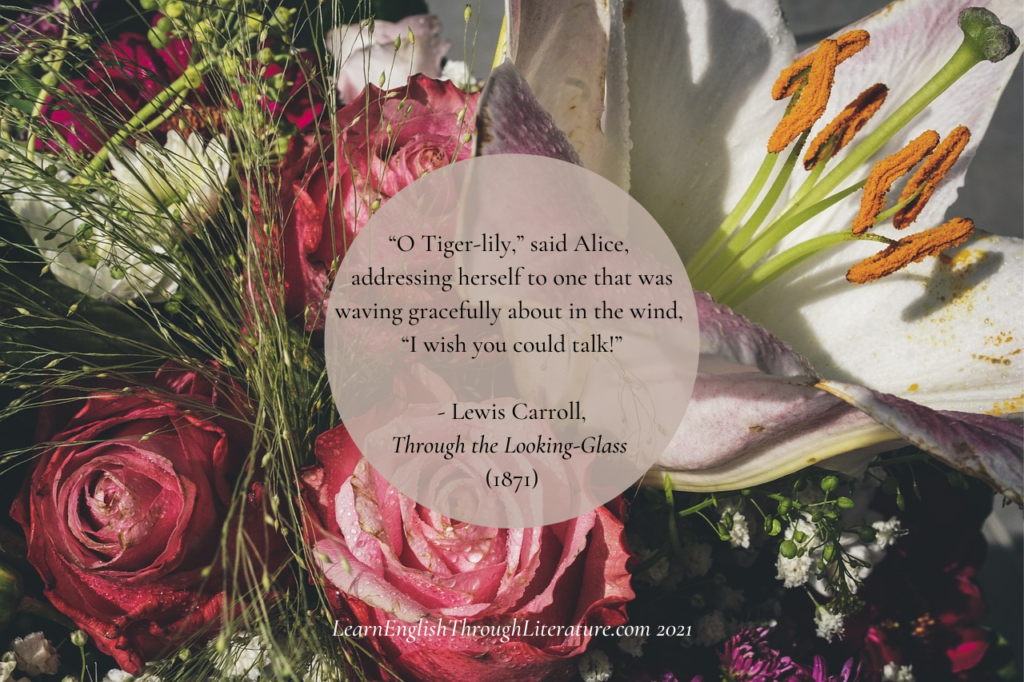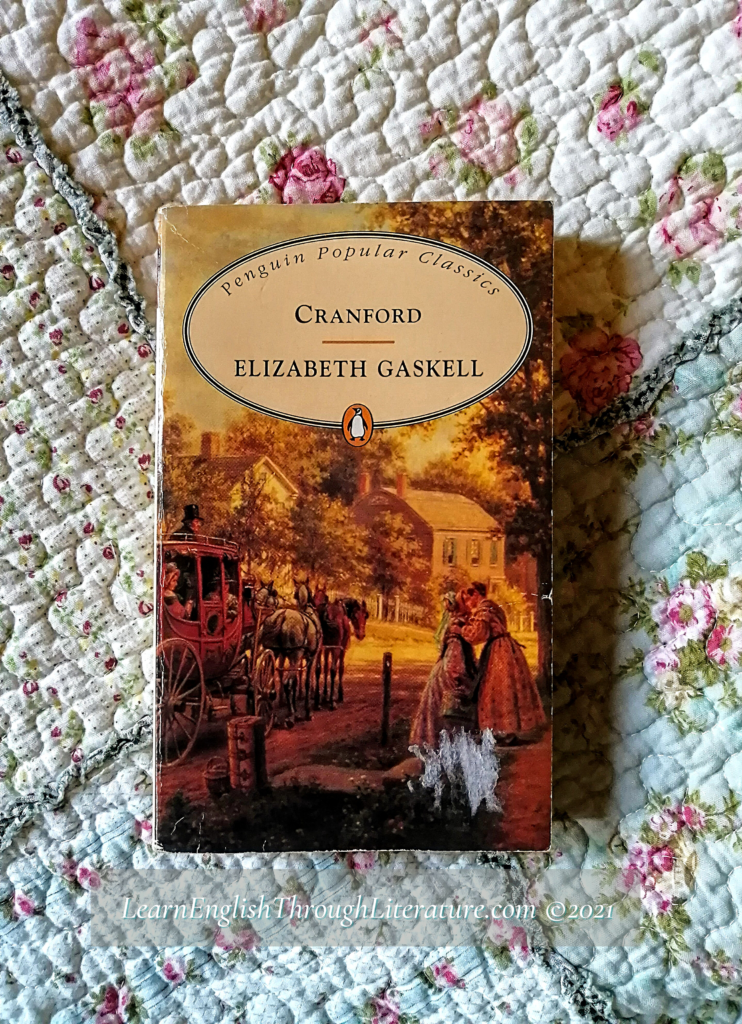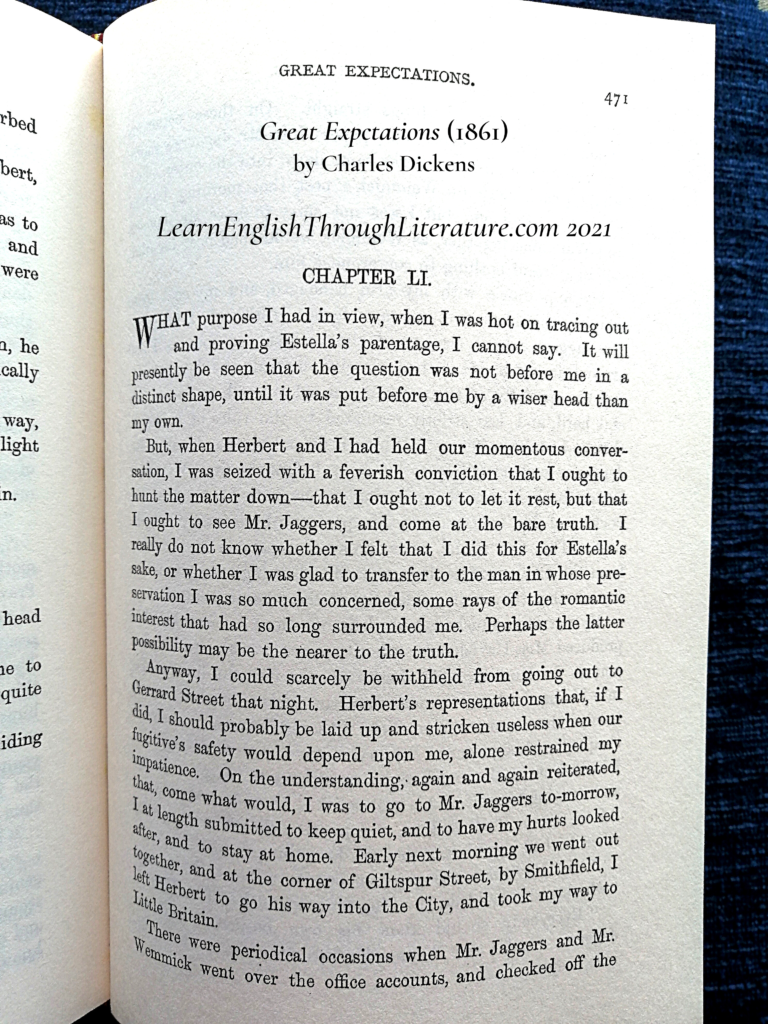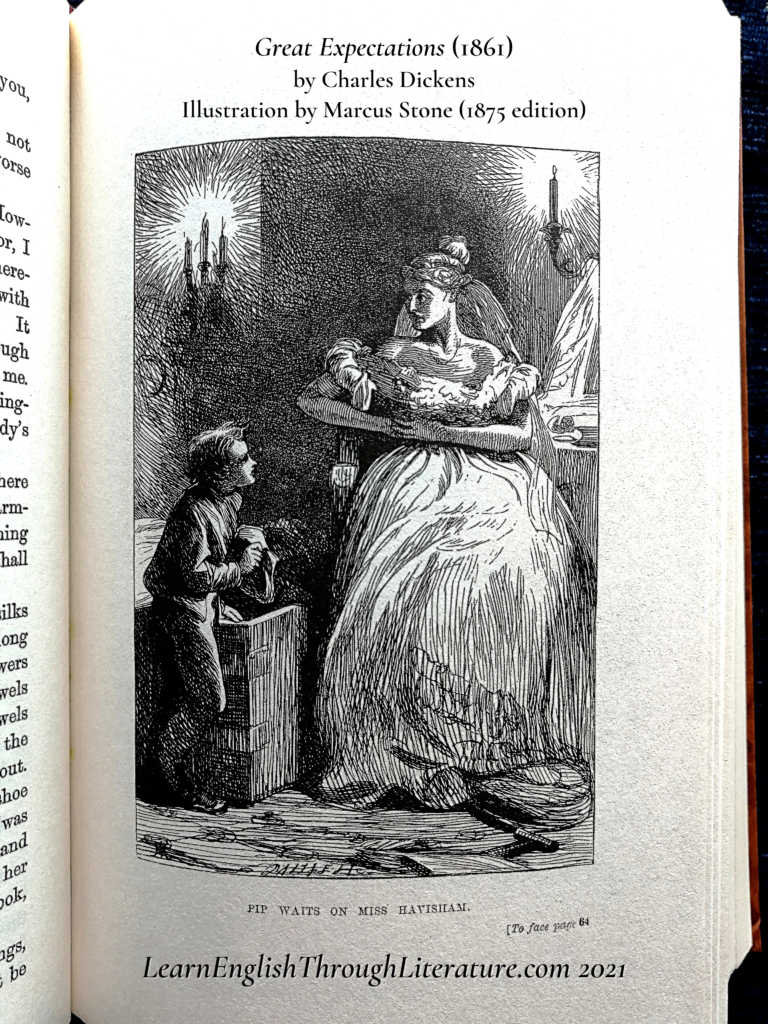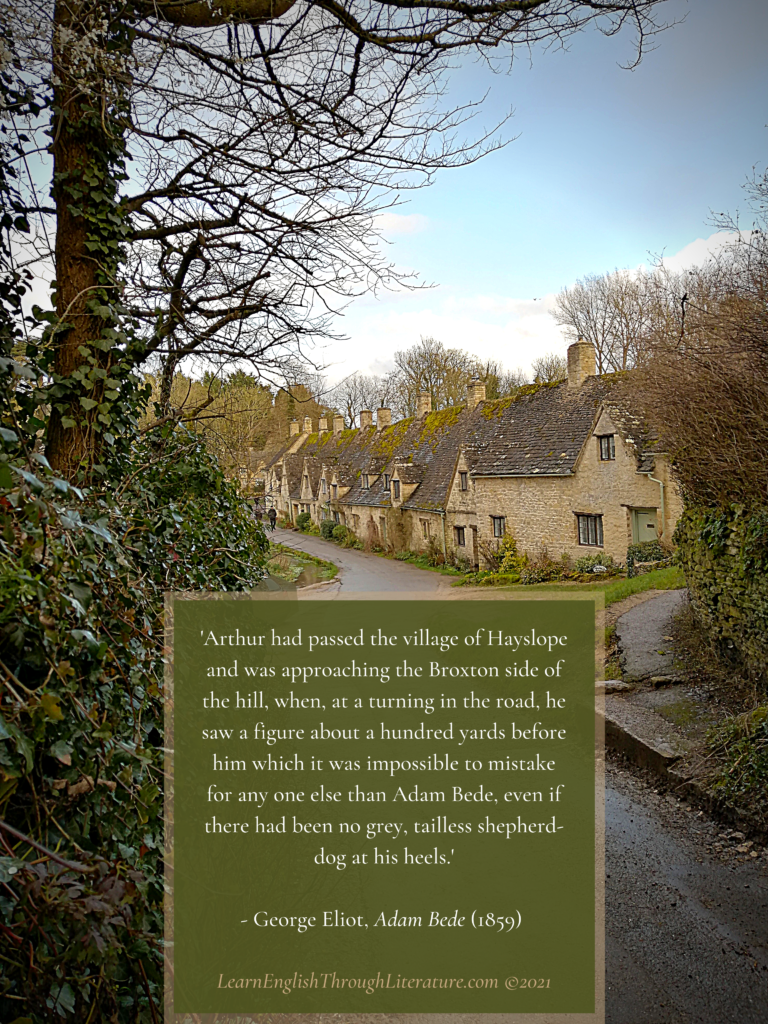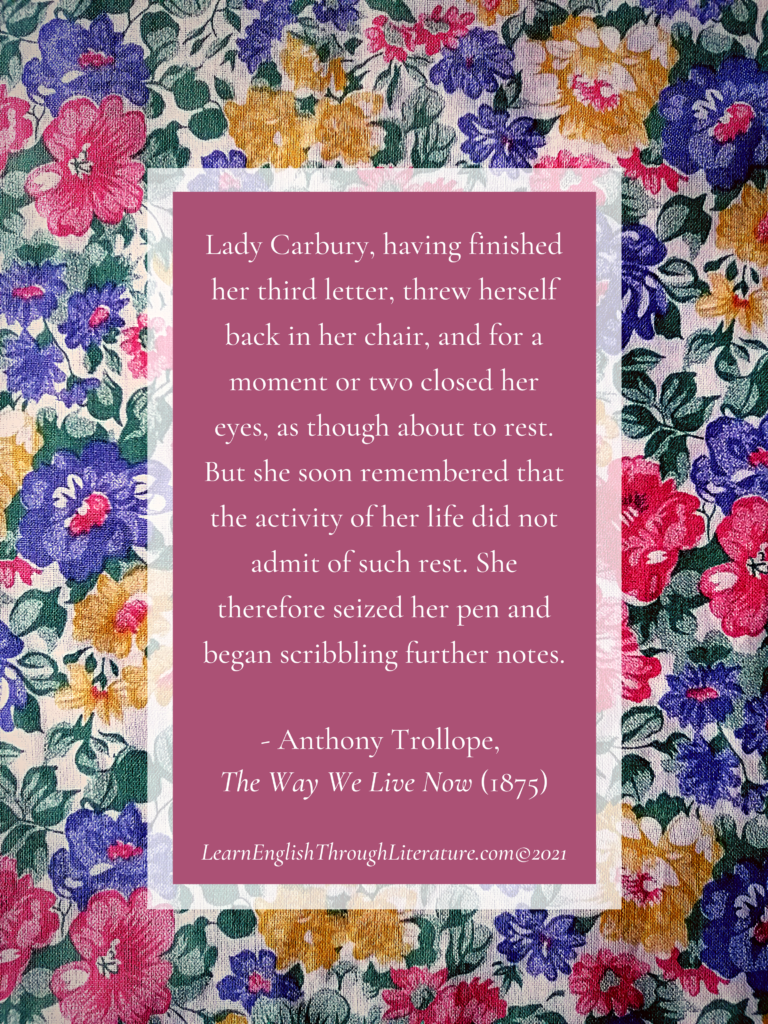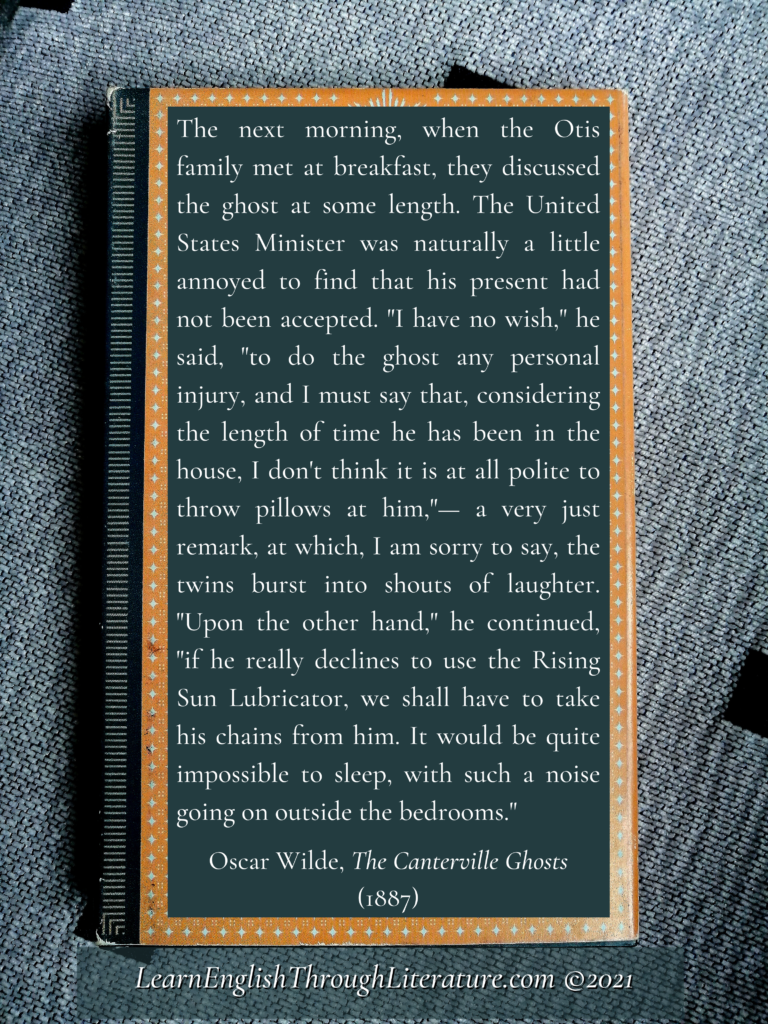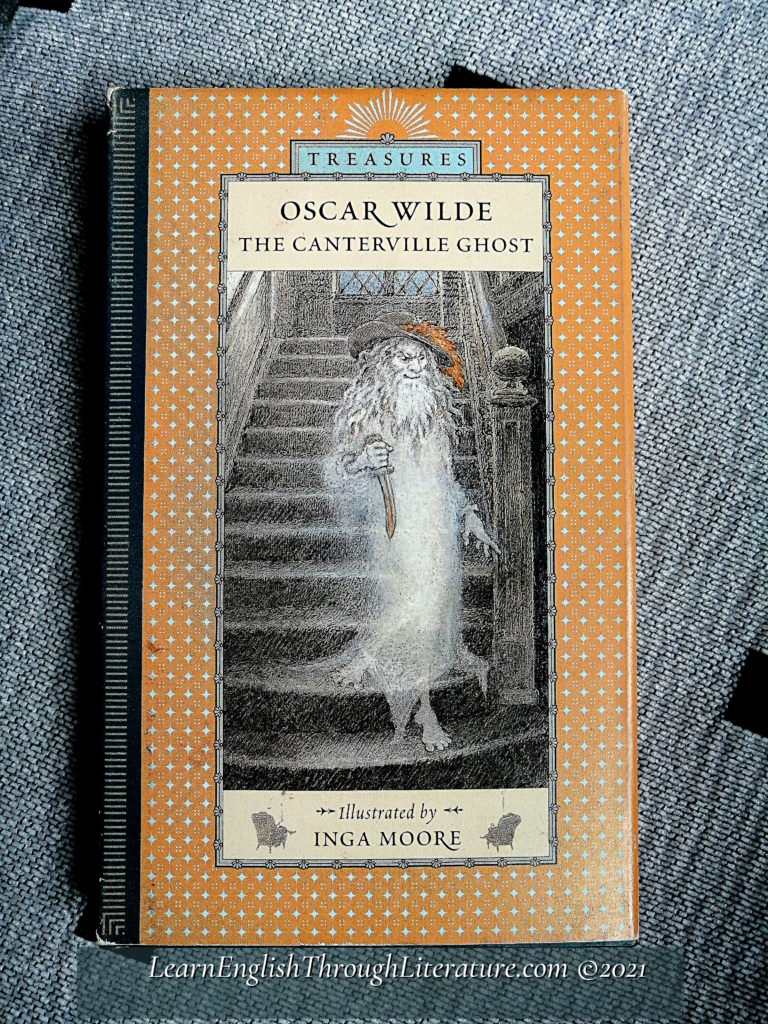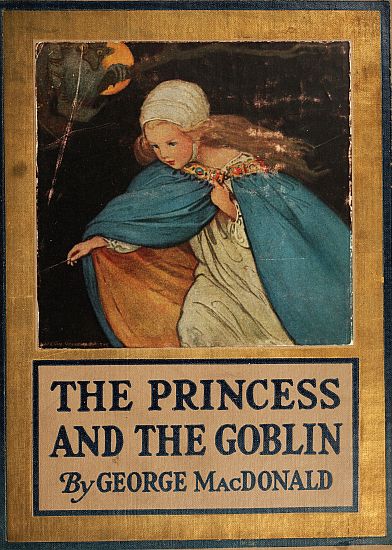Lesson #227 (Part 1): ‘We are going’ cf. ‘We will go’: 2 constructions of the future tense
📗 “We will go—you and I alone, Caroline—to that wood …” “We are going to see Miss Shirley Keeldar.” – Charlotte Bronte, Shirley (1849) … 🔎 In what ways is the future tense in these two sentences different? This is a question that baffles many students – understandably, since the differences are very subtle! This […]

